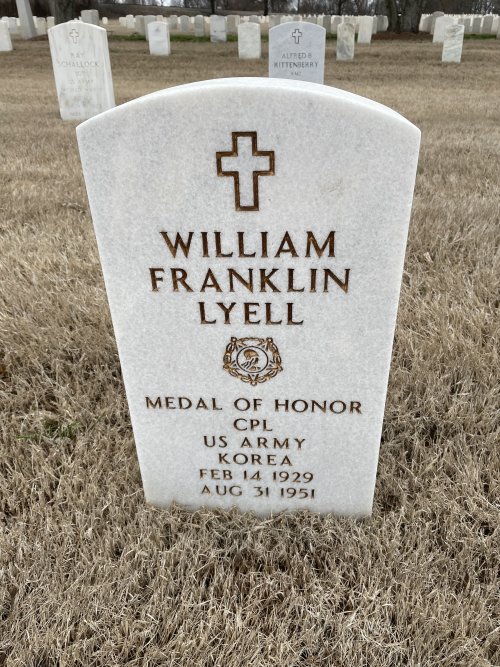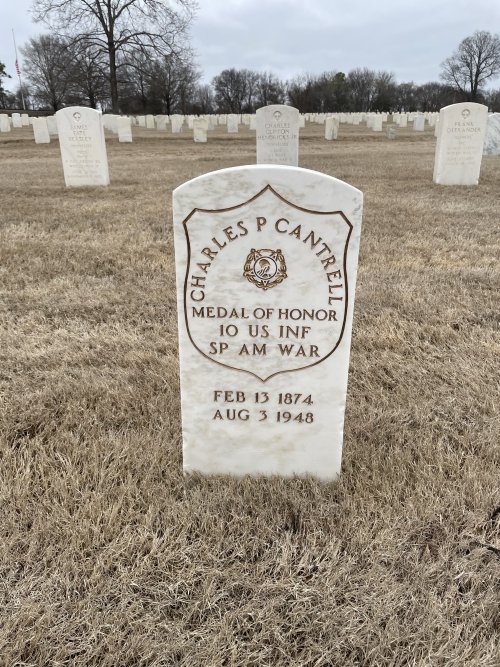TomTeriffic
Active member
Me, 63B, 1988-1995.
What I did not like about the (more modern) Army:
1. at Fort Jackson, Starship barracks basic training, in 1988, no bugle calls heard at my barracks; no reveille, no taps, no retreat, no to the colors, no mess call, no mail call, no tattoo, no rolls call, no charge!, nothing announced on any brass horn, zero; bugles, fifes and snare drums sound much sweeter than barking NCO's and nagging/grunting/hooting fellow soldiers
2. bugle calls were not always heard every square inch on post at any installation: they only sounded them at post headquarters
3. if I were to have my way, bugle calls would be heard everywhere American soldiers in garrison are present: workplaces, barracks, mess halls, etc.
4. recognition of military musical signals (by bugle, drum, etc.) should be every soldier's basic training curriculum
5. without bugle calls and/or rolling drums everywhere in earshot, it doesn't feel totally military to me, it's a culture thing with me
What I did not like about the (more modern) Army:
1. at Fort Jackson, Starship barracks basic training, in 1988, no bugle calls heard at my barracks; no reveille, no taps, no retreat, no to the colors, no mess call, no mail call, no tattoo, no rolls call, no charge!, nothing announced on any brass horn, zero; bugles, fifes and snare drums sound much sweeter than barking NCO's and nagging/grunting/hooting fellow soldiers
2. bugle calls were not always heard every square inch on post at any installation: they only sounded them at post headquarters
3. if I were to have my way, bugle calls would be heard everywhere American soldiers in garrison are present: workplaces, barracks, mess halls, etc.
4. recognition of military musical signals (by bugle, drum, etc.) should be every soldier's basic training curriculum
5. without bugle calls and/or rolling drums everywhere in earshot, it doesn't feel totally military to me, it's a culture thing with me
Last edited:






